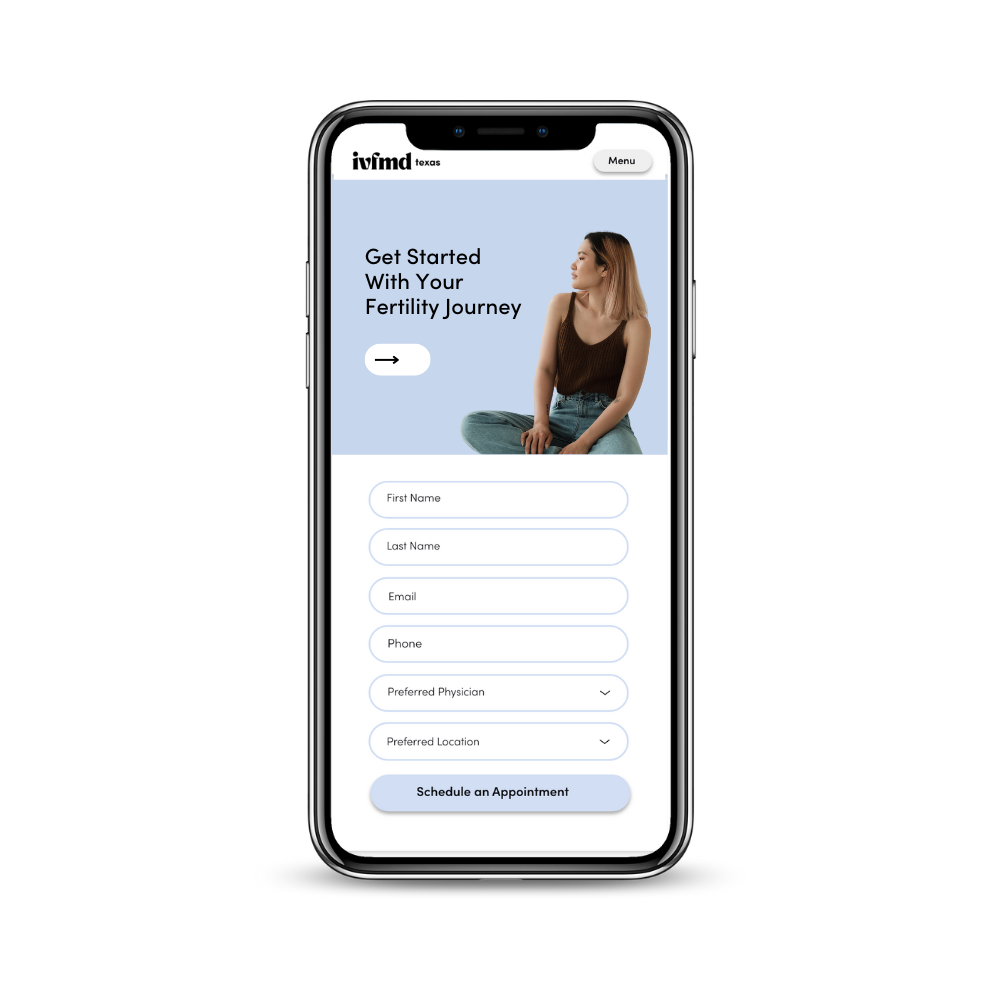Ovarian Reserve Testing
First, we will evaluate your ovarian reserve. Normal egg reserves usually have an antral follicle count of +12 and an AMH level of +1.5 ng/ml.
Birth Control
You will take birth control pills (BCP) during the pre-stimulation cycle to rest the ovaries and learn how to inject medications. This period can last 2-3 weeks. Patients with low egg reserve will not use BCP.
Ovarian Stimulation
For 10-12 days, you will use injectable medications to stimulate your ovaries while we closely monitor you with sonograms and hormone checks. The stimulation protocol depends on how many eggs your ovaries can produce in a cycle and how many children you desire in the future.
Egg Retrieval
We will perform the egg retrieval process while you are under IV anesthesia for about 20 minutes.
Egg Freezing
In the laboratory, eggs will be assessed for maturity. The mature eggs will be immersed in a cryoprotectant solution to remove water from the egg cells (dehydration). The ‘dehydrated’ eggs are put into specialized straws, flash frozen in milliseconds, and stored in a liquid nitrogen tank. Immature eggs will be incubated and observed for signs of maturity for later freezing.
How We Use Your Frozen Eggs
Two Weeks Before
Prepare your endometrium for the embryos. Estrogen will be used to grow the endometrium. Then we’ll add progesterone to mature the uterine lining for implantation.
One Day Before
Eggs will be thawed and injected with sperm (ICSI) to optimize fertilization.
Day 1
Our fertility specialists will check the status of your egg’s fertilization to make sure everything is good to go.
Day 3-5
Embryo culture progress will be checked, and we’ll update you on the status of your embryos.
Day 5
Embryo transfer will be performed during the advanced (blastocyst) stage of development. Up to two embryos can be transferred. To facilitate implantation, we may create a small hole in the embryo’s zona through a process called laser hatching.
Day 15
You’ll take a pregnancy test (and hopefully see a positive result!)
FAQ
How many eggs should I freeze? And for how long?
We recommend that you freeze about 10 mature eggs for every pregnancy you plan to achieve. Assuming a 90% egg survival rate, thawing 10 eggs would result in 9 viable eggs. With an average fertilization rate with ICSI of 70%, about 5-6 eggs would fertilize to eventually provide 2 blastocysts for transfer or freeze on day 5 of culture.
There is very limited data on long term storage of eggs. However, one study showed no difference in egg survival rate, embryo quality, pregnancy rate or live birth rate in eggs frozen up to 4 years compared to earlier thaws.
What is the egg retrieval process like?
Eggs are aspirated from both ovaries using a thin needle that is on top of a vaginal ultrasound probe. You will not feel or remember anything during the retrieval procedure, and you’ll wake up instantly after the procedure is completed. You will rest for about 30 minutes in a recovery room before being discharged.
Due to the effects of anesthesia, you will need to have someone drive you home after the procedure. You should be able to return to normal activity later that day. Mild cramping or discomfort may occur and can be treated by medications as needed. Over the next few days, you may feel mild abdominal discomfort or bloating sensations.
How safe is egg freezing?
Since 1986 there have been more than 2,000 live births from frozen eggs worldwide. Studies on the safety of egg cryopreservation have revealed the following:
- There was no difference in chromosomal abnormalities in embryos from frozen eggs compared to those created from fresh eggs.
- A review of 900 births from slow-freeze eggs revealed no increased risks of birth defects compared to the general population.
- A review of 200 babies born from vitrified eggs showed no difference in birth defect rates compared to those conceived after fresh IVF.
- Overall, of the babies born from frozen eggs, only 1.3% had birth defects–a rate not significantly different from naturally conceived infants.
How successful is egg freezing?
The success in producing a baby from egg freezing depends on the age of the woman at the time her eggs are frozen. The risk of producing abnormal eggs increases significantly after age 35.
Studies have revealed an egg survival rate of 80-90% after being thawed and a fertilization rate of 70-80%, which is about the same as in fresh eggs.

